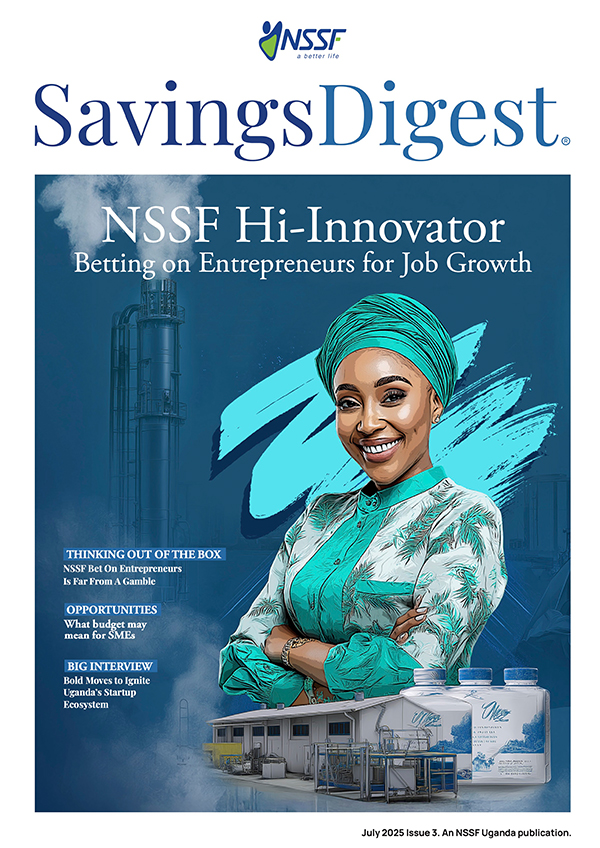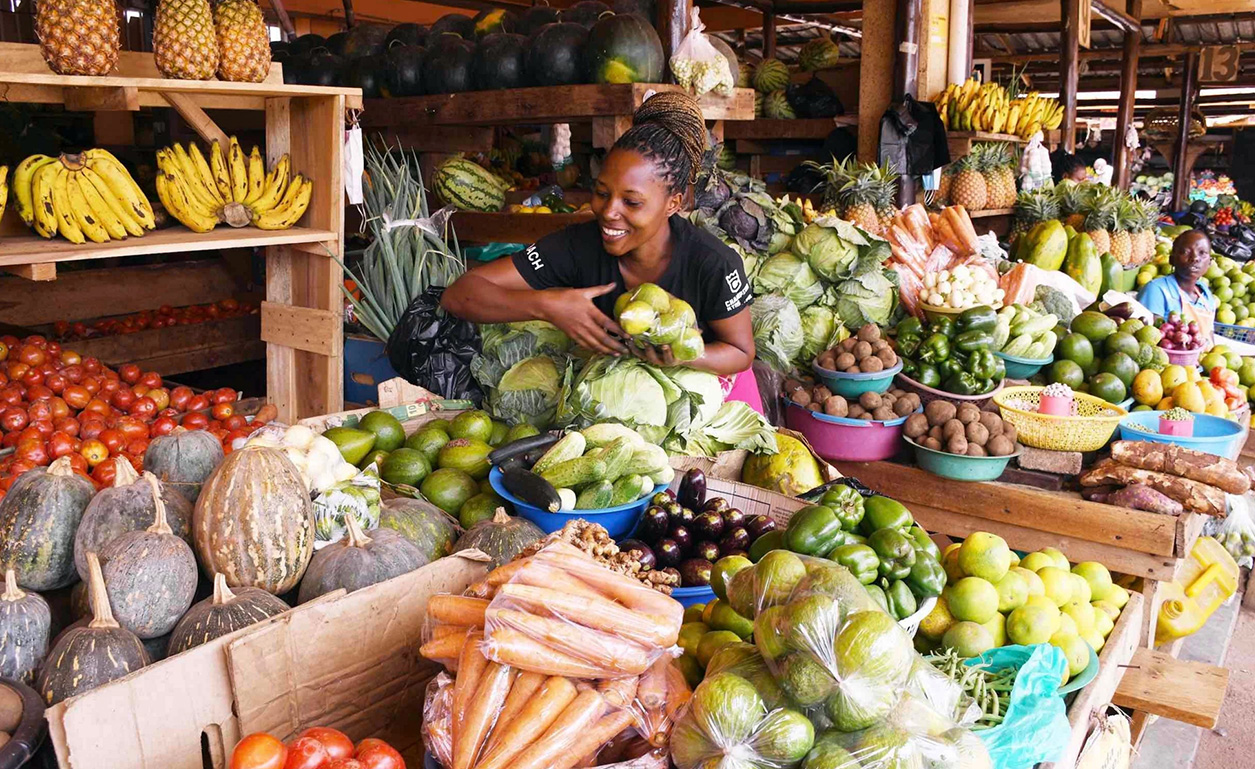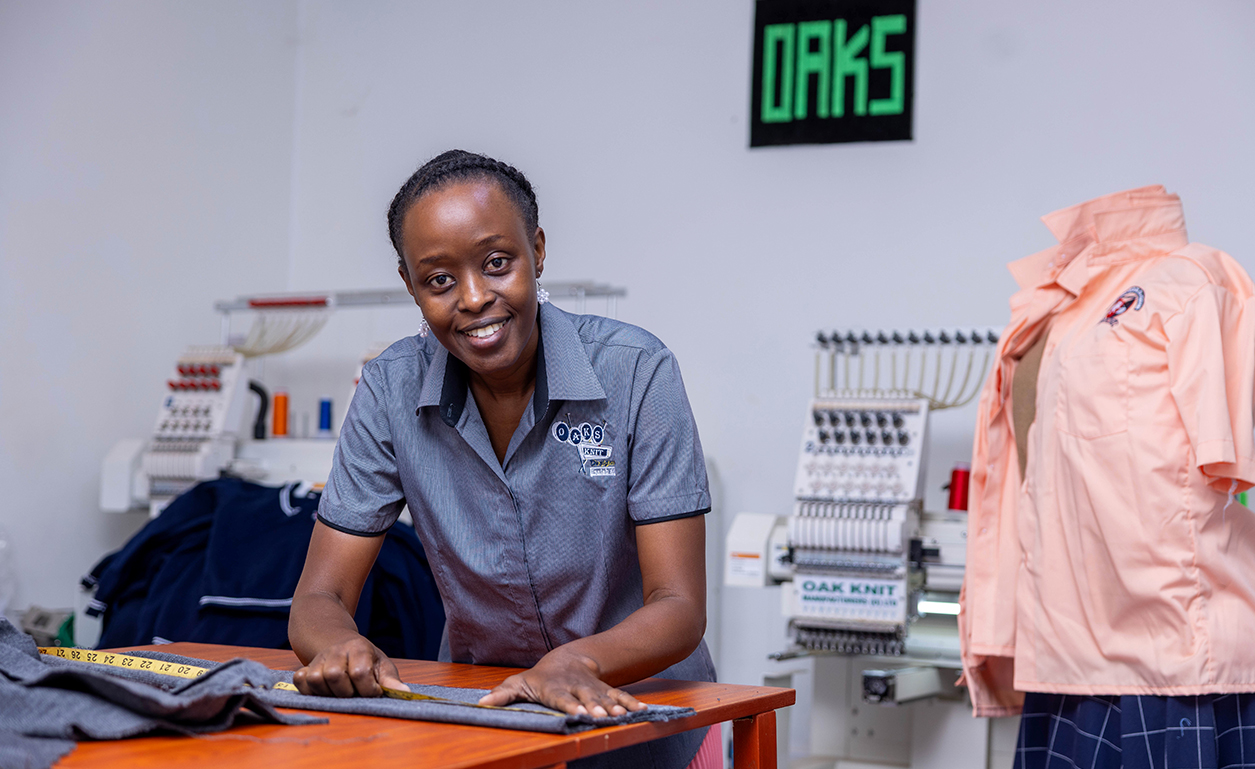Impact Beyond Survival: How Hi-Innovator Transformed Kirangwa Investments Ltd
In 2016, a quiet but significant shift in Uganda’s forestry sector altered the trajectory of Prossy Tumushabe’s career and the lives of hundreds of rural women in Mubende District. New forestry certification requirements forced plantation owners to provide separate accommodation and childcare facilities for male and female workers. The cost proved too high for many, leading to the mass layoff of women labourers.
“It was painful to watch women, many of whom were casual labourers and breadwinners, lose their livelihoods,” recalls Tumushabe. But from that displacement, a new vision was born.
In 2018, Tumushabe founded Kirangwa Investments Ltd, later rebranded as Namingoola Cooperative Society, to start a new economic path for those affected. The cooperative resorted to coffee, a crop deeply rooted in Uganda’s agricultural industry, as a means of restoring income, dignity, and opportunity to women under the age of 35.
What began as a modest venture has since blossomed into a vibrant cooperative of 728 members across 19 farmer groups, producing over 80 metric tonnes of high-quality Robusta and Arabica coffee annually.
A new beginning in coffee
Initially operating on borrowed land and using rented machinery, Kirangwa Investments Ltd’s beginnings were humble. But determination and a community spirit propelled it forward. By 2021, the cooperative had acquired three acres of land and constructed a coffee factory. The dream was growing, but it needed structure.
That structure came in 2022, when Tumushabe joined the NSSF Hi-Innovator programme—a joint initiative by NSSF and the Mastercard Foundation, implemented by Outbox. The programme offers a business foundational course which equips small and growing businesses with the practical knowledge and tools necessary to scale sustainably and create community impact.
The programme graduates entrepreneurs from the foundational course to the bootcamp that prepares businesses for funding, and then the pitching stage, where entrepreneurs present their ideas to potential investors. Kirangwa was one of over 400 businesses that received funding from the NSSF Hi-Innovator Programme following a successful pitching exercise.

Systems before scaling
“We didn’t believe in systems—until Hi-Innovator,” Tumushabe admits candidly. The foundational course revealed the importance of planning, record keeping, and operational clarity. Today, the business operates with clear annual targets, broken into quarterly and monthly goals. We track performance meticulously and uphold strong financial discipline.
“I used to think, ‘I am not stealing from myself, why keep records?’ But now I see that accountability protects you—from loss, theft, and from stagnation,” she shares.
Hi-Innovator’s guidance also emphasized formal compliance, including registration with Uganda Revenue Authority (URA) and the National Social Security Fund (NSSF). These steps, Tumushabe says, have boosted staff morale and enhanced credibility with potential partners.
“In our community, very few employers register workers for NSSF. Doing so made us stand out and opened doors for future growth,” Tumushabe reveals.
A surge in capacity and confidence
With the financial support from Hi-Innovator, Kirangwa Investments Ltd acquired a coffee hulling machine and upgraded to a three-phase electricity connection. These assets unlocked exponential growth, from just 10–20 metric tonnes processed annually to 85 metric tonnes processed by the end of 2024, with a projection to double that figure in 2025.
For the first time, women were directly involved in marketing their coffee, cutting out middlemen and fetching premium prices. Instead of selling low-grade “kase” at UGX 7,000 per kilogramme, they now process and market value-added coffee at UGX 14,000-15,000 per kilogramme.
Coffee husks, once discarded, are now reused as mulch, helping women reduce input costs. The factory also offers paid processing services to the community at UGX 150 per kilogramme, creating a new revenue stream.

A catalyst for change
The ripple effects of this transformation are felt far beyond the factory gates. Over 728 women are now part of the cooperative, up from just 45 in 2018. Many can now afford better schools for their children and invest in higher education.
The cooperative has created six full-time jobs, including key managerial roles, all with NSSF and PAYE compliance, and supports another 50 indirect jobs in transport and extension services. Farmers now seek out expert advice and invest in quality agricultural inputs, signifying a cultural shift in farming attitudes.
With their own hulling equipment, the cooperative can enforce high-quality standards. Farmers receive hands-on training at a model demonstration farm, where they learn best practices for drying and harvesting coffee. This has led to better prices and consistent quality.
Looking ahead, Tumushabe has bold ambitions. She envisions entering the international export market, expanding to having 10,000 women farmers be part of the cooperative, and building a 200-metric-tonne storage facility. Plans are underway to introduce grading, colour sorting, and destoning equipment, and implement a traceability system to meet European Union export standards.

A Message to Fellow Entrepreneurs
To those going through the Hi-Innovator journey, Tumushabe offers this advice: “Implement at least 80% of what you were taught. It’s not just about funding—it’s about systems, structure, and sustainability.” She also underscores the power of formalisation and compliance. When you’re ready to grow, to seek donors or investors, the first thing they check is whether you meet your statutory obligations. Being registered and compliant gives you credibility.”
Appreciating the funders and implementers of the Hi-Innovator programme, Tumushabe says: “The programme changed everything for us. It’s not just funding—it’s knowledge, mentorship, and the tools to scale. Today, we’re not just surviving. We’re building a legacy.”







